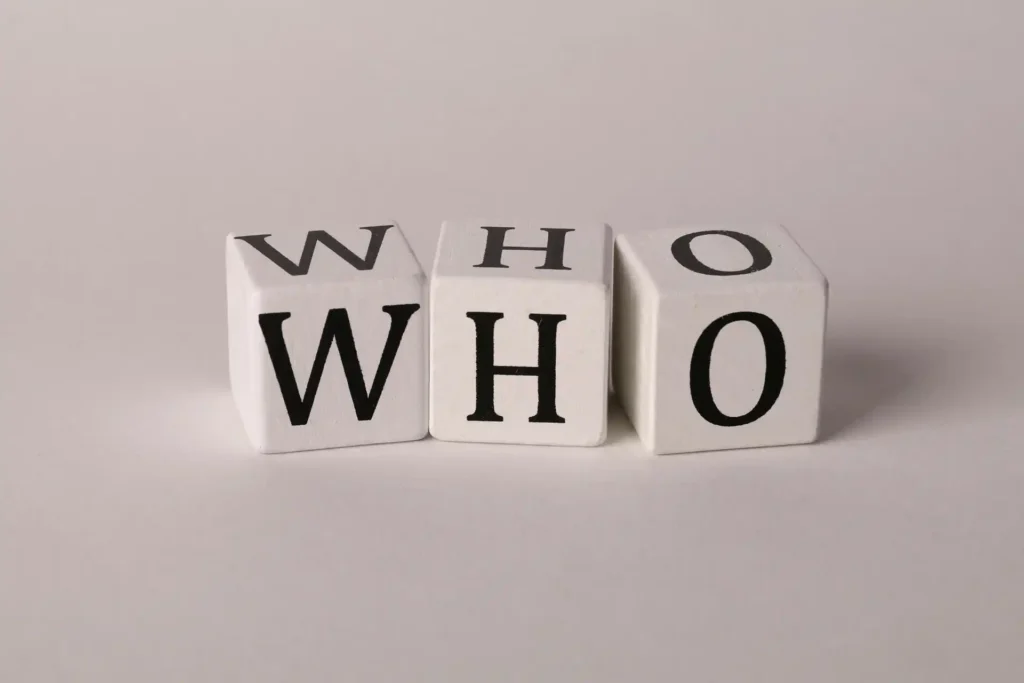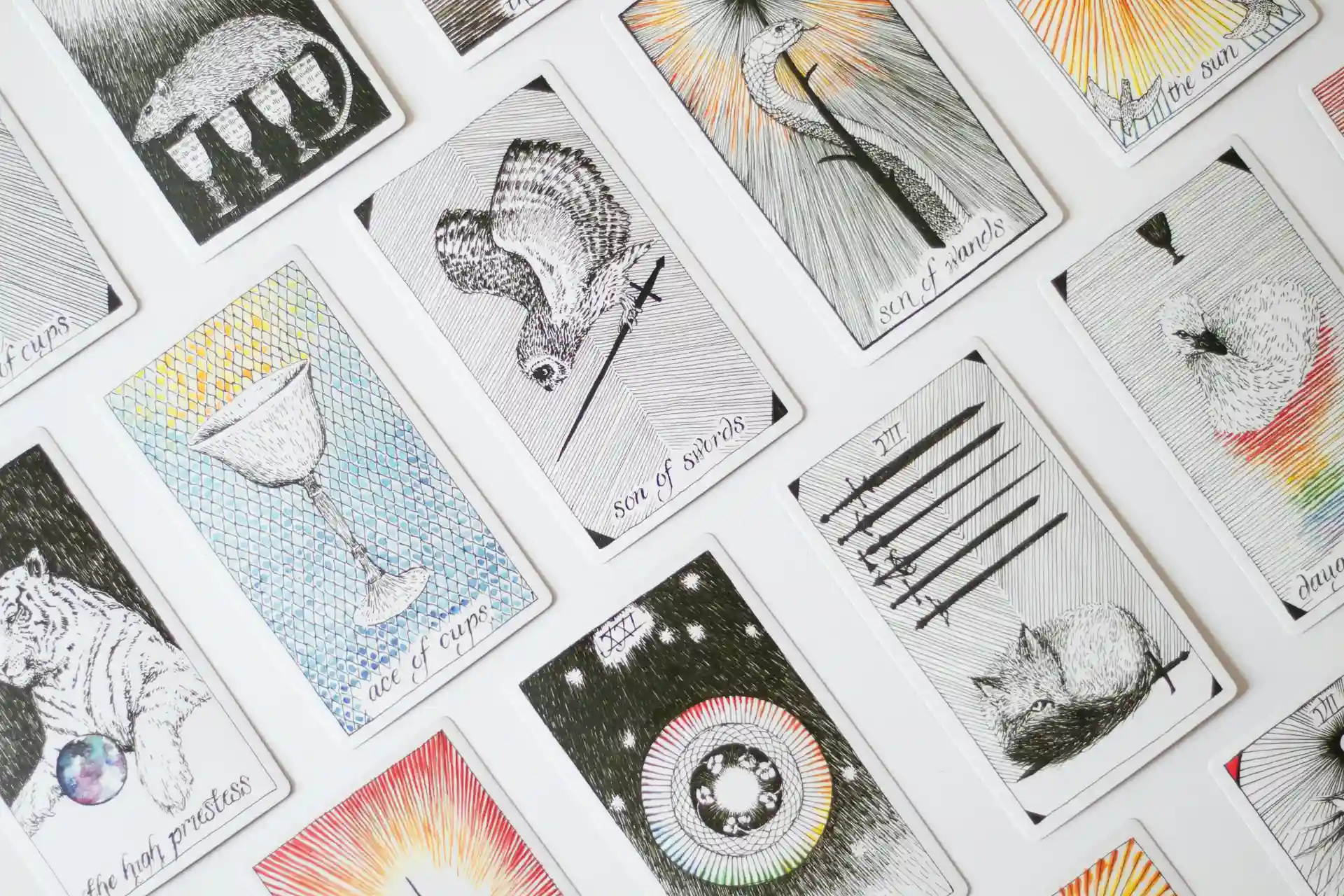Who Is This “Edwyn Nicholson” Fool? Exploring the Making of Internet Archetypes
In the vast, ever-evolving landscape of the internet, figures emerge almost overnight, capturing our attention, curiosity, and sometimes amusement. One such figure is “Edwyn Nicholson”—a name that, without context, seems to have sparked interest, confusion, and a bit of mockery online. But who is Edwyn Nicholson, and why is he referred to as a “fool”? Is he a fictional character, a meme, or perhaps a symbol? In this article, we’ll dive into what could make someone like Edwyn Nicholson become an archetype, particularly as a “fool,” and explore how internet culture turns individuals into symbols of certain traits.
The Archetype of the “Fool” in Popular Culture
To understand why someone might be dubbed a “fool,” we first need to look at how this term is used in both historical and modern contexts. The “fool” has roots in literary archetypes, representing a character who, intentionally or not, acts in a way that amuses, bemuses, or misguides others. Shakespeare’s court jesters, for instance, often played fools, using humor and self-deprecation to convey insights others dared not speak aloud. The fool is a character who can be laughed at, but often their apparent simplicity belies a more complex, even wise nature.
In modern media, the fool archetype can take on a more ironic twist, representing someone who is oblivious to their shortcomings or who blunders through life with an odd mix of confidence and incompetence. Shows like The Office use characters like Michael Scott to exemplify this trope. Though Michael has genuine moments, his general lack of self-awareness leads to many of the show’s most cringe-worthy and comedic moments.

If Edwyn Nicholson Were a Fool, What Would He Look Like?
Who Is This “Edwyn Nicholson” Fool? If Edwyn Nicholson has been cast as an online “fool,” we might imagine him as a character whose actions, statements, or decisions seem offbeat or poorly thought out, enough to make observers scratch their heads. This imagined Edwyn might say things that don’t quite add up, embark on ventures that appear doomed from the start or make bold assertions that ultimately fall flat.
Characteristics of the Hypothetical “Edwyn Nicholson” Fool:
- Confidence in Unfounded Beliefs: Many internet personalities or characters who become “fools” do so because they express misplaced confidence. Edwyn might be the type to loudly proclaim theories about the world that seem completely absurd, backed by dubious “facts” or personal anecdotes that are more laughable than logical.
- Comedic Errors: Characters who earn the “fool” label often become associated with mistakes or mishaps. If Edwyn Nicholson were known for posting frequent updates on failed projects, odd inventions, or clumsy mistakes, he might garner attention as an online fool.
- Self-Awareness (or Lack Thereof): A classic fool is often blissfully unaware of how others see them. Edwyn might believe he’s a visionary, oblivious to the way others chuckle or shake their heads at his antics. Alternatively, if he were self-aware, he might use his foolishness as a tool for humor or satire, playing up his image as a character for comedic effect.
- Random Internet Fame: In today’s digital landscape, even the most unexpected people can become famous overnight. Edwyn might be someone whose quirky, misguided behavior catapulted him to meme status, cementing him as a memorable, if laughable, online personality.
- Also Read Two reasons why the temperature didgeouse force is affected negatively
Internet Memes and the Rise of the “Fool”
The internet thrives on characters like Edwyn Nicholson—individuals whose uniqueness, eccentricity, or naïveté draws attention, often leading them to become memes. In the age of viral content, a single image, phrase, or video clip can take on a life of its own, turning ordinary people into symbols, often detached from their original context. The “fool” archetype easily lends itself to memes because it is relatable and universally understood; we all know or have encountered people who act foolishly or say things that make us laugh for all the wrong reasons.
Could Edwyn Nicholson Be a Symbol?
Given his supposed reputation as a “fool,” Edwyn Nicholson could be a fictional creation or an amalgamation of traits we often see in real people online. He could symbolize a modern-day archetype of the well-intentioned but ultimately misguided “everyman,” someone who tries hard but falls hilariously short. Social media has no shortage of such characters, and they’re often made famous through video compilations, memes, or viral screenshots of their posts.
Examples of Similar Internet Personalities
- Ken M: Known for his ironic and purposely dense comments, Ken M became a beloved internet figure for his “clueless” persona. He intentionally misinterprets facts or makes ridiculous statements that highlight his “foolishness.”
- Florida Man: The “Florida Man” meme collects real headlines about bizarre incidents in Florida, often involving odd behavior and comical scenarios. Though not a single person, “Florida Man” represents the archetypal fool, making laughable, questionable decisions.
- “Boomer” Memes: The stereotypical internet “boomer” is another fool archetype, often struggling with technology or misunderstanding modern trends, leading to awkward or humorous posts.
The Value of the Fool in Internet Culture
The internet thrives on humor, and the “fool” archetype plays an essential role in keeping digital spaces light-hearted. Figures like Edwyn Nicholson, whether real or fictional, let us laugh at the absurdity of human behavior and reflect on our moments of cluelessness. By observing the “fool,” we’re invited to recognize the humor in our missteps and see the universal nature of human folly.
Additionally, online fools can serve as a form of soft social commentary. Often, they embody qualities that society finds humorous or even cautionary. Through laughter, we also critique these qualities, using the fool as a mirror that highlights human imperfections.
Final Thoughts: Why Is “Edwyn Nicholson” a Fool?
Ultimately, if Edwyn Nicholson has been labeled as a “fool,” it may be because he resonates with something universally relatable. Whether he is a real person, a character, or a symbol, Edwyn might represent the aspects of ourselves that are humorous in hindsight—the times we act without thinking, proclaim ideas without backing, or confidently march into situations we don’t fully understand.
In the world of memes and internet culture, where everyone is just one viral moment away from becoming a character, the fool has a lasting place. Figures like Edwyn Nicholson show us that, at the end of the day, something is endearing and even valuable about embracing the role of the fool. Through humor and self-reflection, these characters remind us that it’s okay to laugh at ourselves and that sometimes, the best way to learn and grow is to accept our moments of foolishness with a smile.

